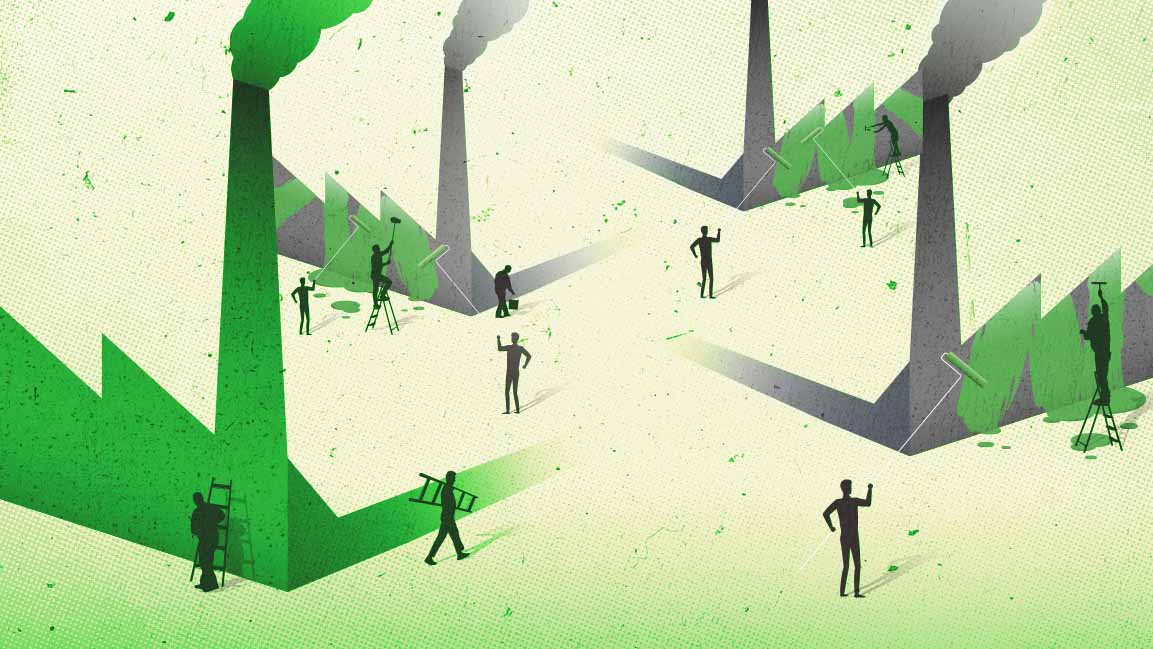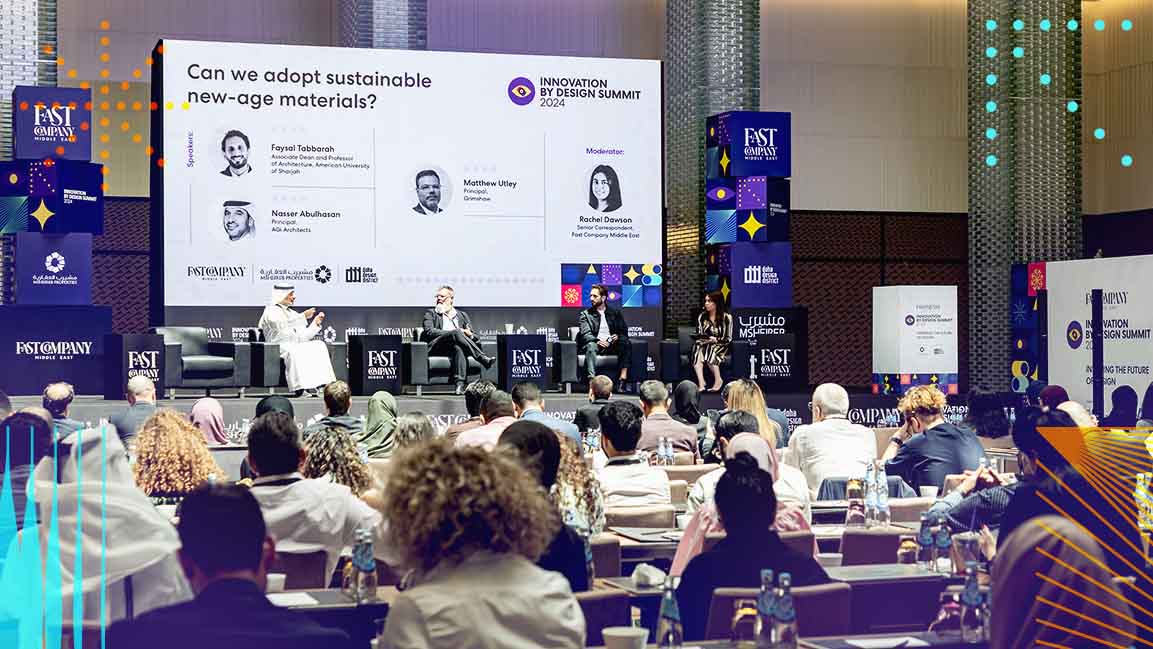- | 9:00 am
COP28 concludes. But the world is still off course for climate goals
Climate experts evaluate the outcomes of COP28, highlighting a significant gap in global climate efforts that has prompted calls for a swift fossil fuel phase-out.

Officially, COP28, the largest climate summit in history, wrapped up. Yesterday, Expo City was a ghost town – the long queues, crowded metro, and security checks were over. Except that fraught negotiations were going well after 11:00 AM local time when it was supposed to close. While we waited for the final iteration of the text to appear, we read reports of strong opposition from the EU and many others over the failure of the text to include language on phasing out of fossil fuels.
The document, published by the UAE’s presidency of the climate summit, stressed the need to reduce emissions but did not call for the cessation of fossil fuels altogether. The draft document outlined several options for countries to cut emissions, including “reducing both consumption and production of fossil fuels, in a just, orderly and equitable manner to achieve net zero by, before, or around 2050.”
COP28 President Designate Sultan Al Jaber said that the nearly 200 countries involved in the talks “still have a lot to do.”
In the late evening, a spokesperson for the presidency issued a statement: “Overnight and throughout today, the COP28 President and his team have been engaging in extensive consultations with a wide representation of negotiating groups and Parties. This is to ensure everyone is heard, and all views are considered. He is determined to deliver a version of the text that has the support of all Parties. Consultations will continue until 03:00 AM GST.
Interestingly, this year, over 127 countries support phasing out fossil fuels at COP, a significant increase from last year when 80 countries only called for a phaseout or phasedown.
So, did COP28 achieve the goal it set out to? Or will it?
An analysis by the International Energy Agency (IEA) underscores that the world is still off course to achieve the necessary measures to limit global warming to 1.5 degrees Celsius above pre-industrial levels.
Despite the participation of about 130 countries and 50 fossil fuel companies in the UN climate summit, the IEA’s assessment points to a substantial gap in efforts to address the climate crisis.
The participating nations, representing over half of the global gross domestic product, need help to fully implement proposed measures in a new global decarbonization alliance, with the current trajectory falling notably short of the target.
The urgency for countries to commit to a systematic and fair phase-out of fossil fuel was emphasized by IEA Chief Executive Fatih Birol, who said that progress made so far is insufficient to tackle the pressing climate challenges effectively.
GLOBAL STOCKTAKE & FOSSIL FUEL PHASE-OUT
According to Marco Gervasi, Youth4Climate Champion 2023, Business Development Manager for Green Hydrogen at Mytilineos, and COP28 Task Force Coordinator at the European Youth Energy Network, the recent commitment to triple renewable energy capacity and double energy efficiency by 2030 will define COP28’s legacy.
Gervasi emphasizes the need for explicit commitments to a fossil fuel phase-out in the final document of the global stocktake. “While the Loss and Damage fund represents a landmark achievement, especially for developing nations, a just and equitable transition from fossil fuels requires clear, worldwide dedication.”
There’s a need for unity in transforming energy systems, and ensuring sustainability, he adds. “The path forward must be characterized by actionable pledges guiding the global community toward a resilient, renewable future while upholding equity and justice for all.”
Precise details on country commitments and associated strategies remain wanting, which implies critical investments in grid infrastructure and storage still need to be addressed.
Despite these uncertainties, Gervasi notes that the renewables sector stands to gain significantly, with green hydrogen expected to play a key role.
According to Eleanor Whittle, CMM Programme Director at global energy think tank Ember, one challenge is that the focus on methane emissions from oil, gas and agriculture at COP28 missed a crucial opportunity: coal.
“Coal mines globally have doubled their methane emissions since 2000, and now emit roughly the same amount as the oil or gas industry. If we’re going to achieve the IEA’s goal of reducing energy methane by 75% by 2030, we need to deal with coal mine methane. This COP28 failed to grasp this low-hanging fruit,” says Whittle.
The latest text is now also missing any specific targets on methane and has been replaced by broad recommendations to reduce this by 2030. “This is woefully inadequate,” she adds. With existing technologies, avoiding over half of global coal mine methane emissions is already technically possible. “The most effective way to reduce these emissions is to phase out fossil fuels.”
For Max van der Linden, COP28 Community Lead for YES-Europe, a youth community dedicated to accelerating the energy transition towards renewables, the conference’s primary focus on the global stocktake and fossil fuel phase-out highlights the global challenge of achieving consensus.
He says the negotiations revealed “complexities, but still maintaining a commitment to phasing out all fossil fuels.”
“The evolving discussions necessitated persistent efforts and actions to contribute meaningfully to resolving this critical issue,” he adds.
BRIDGING RESEARCH GAPS
While the global stocktake was the most important text that governments dealt with at COP28, several other issues are being dealt with. Food security took center stage.
“At COP28, global leaders recognized the link between the transformation of food systems and climate mitigation. Including ‘resilient food systems’ in the global stocktake and the UN Environment Programme’s report on meat and dairy alternatives underscored this,” Sally Smith, Chief Sustainability Officer for Upfield, said.
Food systems contribute one-third of global greenhouse gas emissions, with animal agriculture disproportionately responsible.
“A transition to plant-rich diets and a collective push for food companies to disclose and mitigate methane emissions are imperative. The first step is to implement supportive policy interventions – like equitable taxation, modernization of subsidies, and avoiding restrictions on naming and labeling for plant-based foods,” Smith added.
“These discussions at COP28 will significantly impact the food industry and academia,” said Dr. Helen Onyeka, Associate Professor at the University of Birmingham’s School of Chemical Engineering.
She sees a critical challenge for researchers in bridging the gap between sustainable food practices and global food security. This entails advancing scientific research in food production, processing, microbiology, and waste management, with the need to translate these findings into practical, globally applicable strategies.
Dr. Onyeka notes that the lessons learned at COP28 will influence future research directions, educational approaches, and industry collaborations.
However, she points out a notable challenge that remains unaddressed, “One notable challenge still waiting to be addressed involves integrating global strategies for food production and waste reduction into the broader context of food security.”
Framing future discussions around long-term measures to align immediate environmental sustainability efforts with long-term food security goals is crucial.
The last day of COP28 ended in a limbo. But will the revised decision text expected early today finally deliver the clear call on fossil fuels phase-out that is critical to mitigate the climate crisis?
As per an agreement passed today by the COP28 President Designate, governments from almost 200 nations have reached a consensus on an agreement advocating for a shift away from fossil fuels. This decision followed a contentious response to a previous proposal. Read more about it here.








































